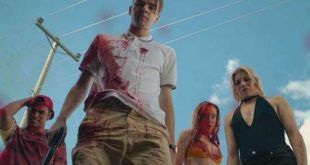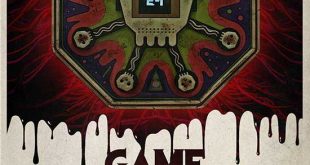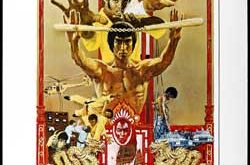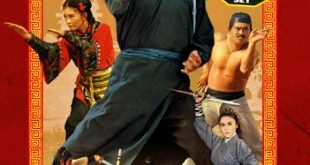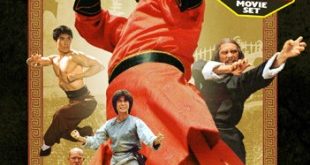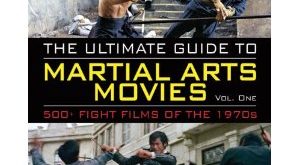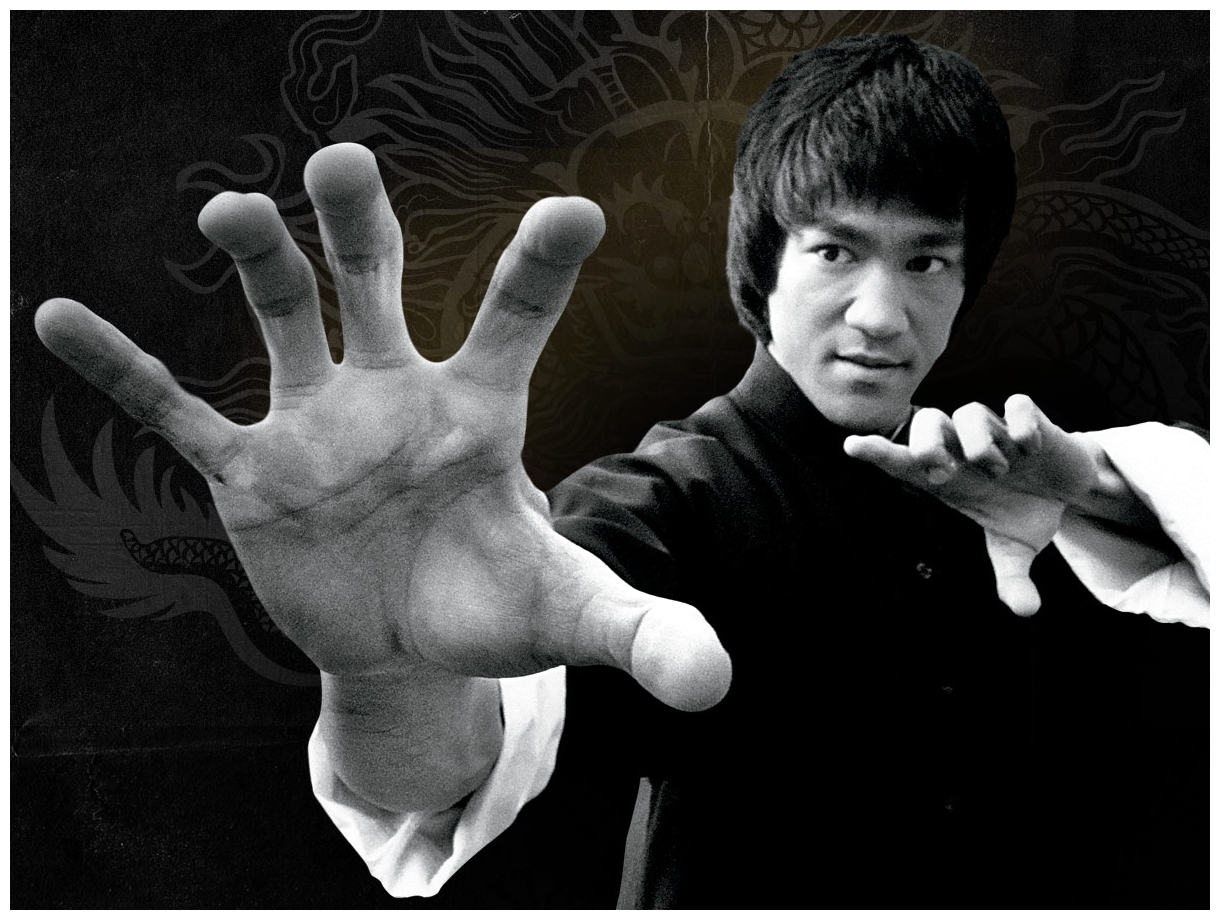
Not so much of a film star, more of a phenomenon, Bruce Lee (born Lee Jun-Fan 1940-1973) was the first great martial arts entertainer to successfully make the crossover from China to Hollywood. One of the most influential martial artists of all time, Lee is an icon of the 20th century, and helped change the way Asians were presented in American films and television. His early death at the age of thirty-three from a brain oedema guaranteed his already burgeoning cult status, but there are only six films – plus an entertaining bit-part in Paul Bogart‘s Marlowe (1969) – in which his grace and talent could be witnessed.
Horror News offers many more articles on Asian Horror Movies, make sure and check them out!
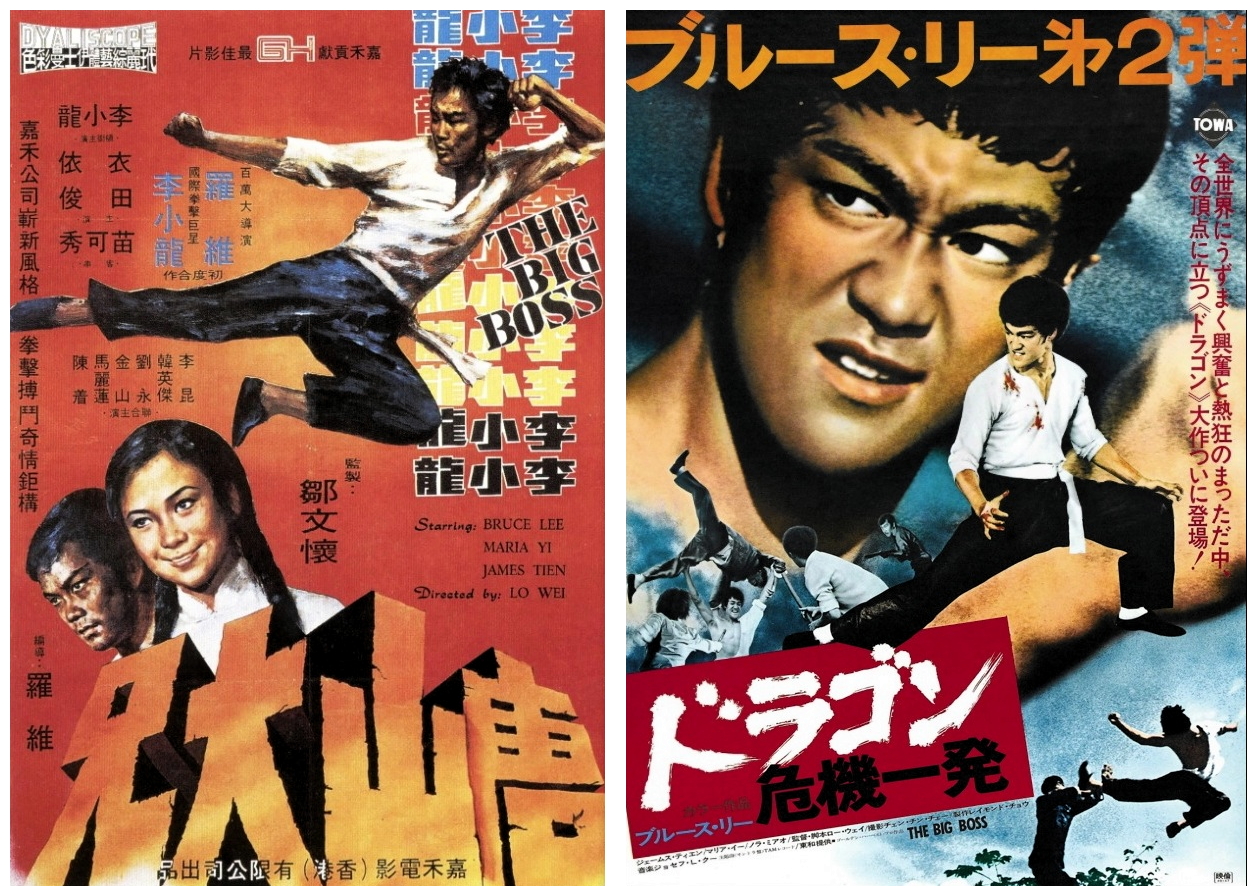
The Big Boss (1971) was the surprise hit movie of the year. It marks the first public appearance of the flamboyant Chinese weapon in the person of Bruce Lee. It brought to the attention of Southeast Asian countries the existence of kung fu. It was then unknown to the western world and those familiar considered the genre poverty row cinema for the black American market attuned to karate. In retrospect, it is still the best and purest of all his films, as it was still untampered by big-budget superstar temperament and complex distribution deals. The Big Boss is a true kung fu classic in which Lee portrays a simple labourer in a Bangkok ice factory who later unravels the heroin smuggling activities of his employer. With integrity and heroic fashion, Lee single-handedly demolishes the gang members leading to the final liquidation of their leader.
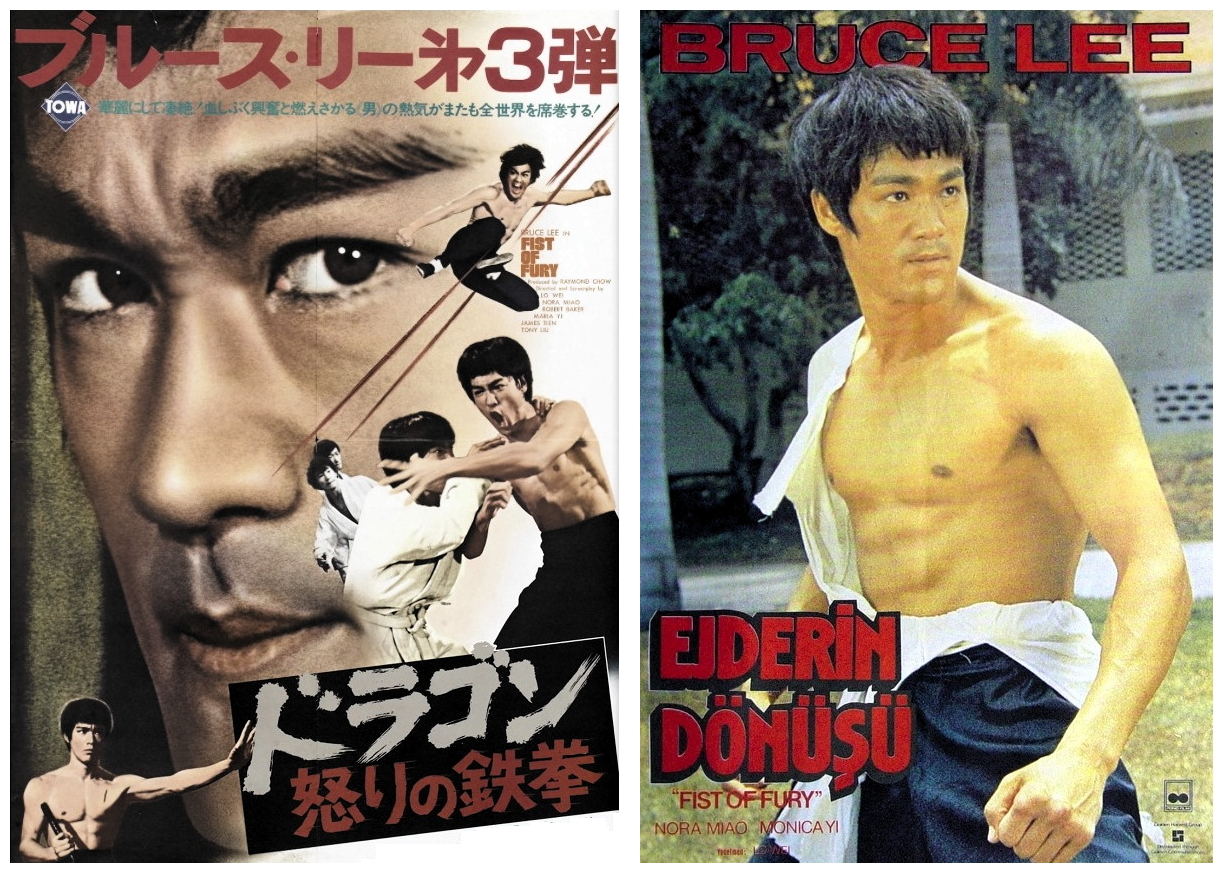
Fist Of Fury (1972) was Lee’s second and much-awaited film. This time he’s a member of a martial arts school in colourful 1938 Shanghai and he fights against prejudice on the Chinese. He also avenges the death of his kung fu teacher murdered by a Japanese-inspired gang. A sign saying ‘No Dogs Or Chinese Allowed’ curiously aroused Chinese patriotism with Lee saving the ‘face’ of the yellow race. The ultimate Chinese macho man is personified in Lee’s fury as he saves the Chinese heritage against the Japanese. Fist Of Fury was accidentally released in America under the title The Chinese Connection, referencing the current popularity of The French Connection (1971) starring Gene Hackman. That title was intended to be used for the American release of The Big Boss, which also involved drug smuggling. However, the American titles for Fist Of Fury and The Big Boss were accidentally switched, resulting in Fist Of Fury being known as The Chinese Connection until 2005, while The Big Boss was re-released as Fists Of Fury.
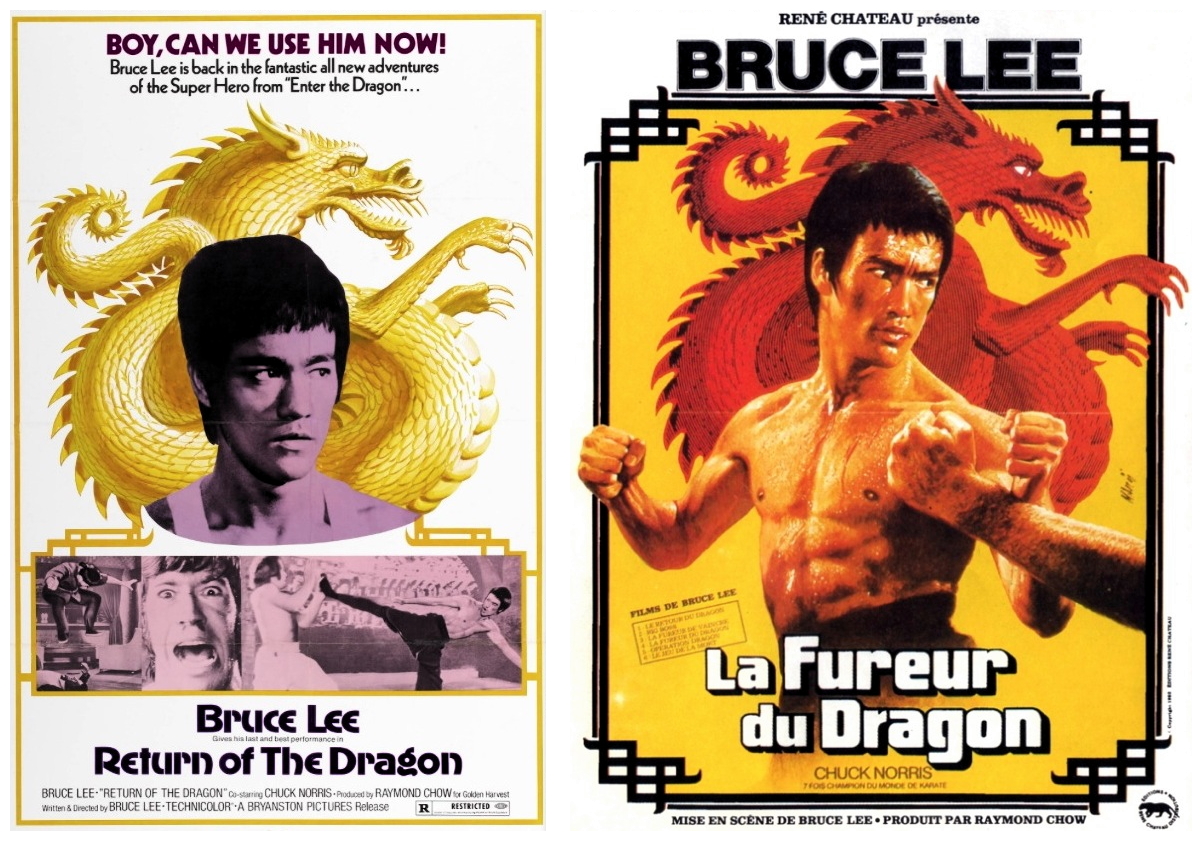
The Way Of The Dragon (1972) shows Lee’s confidence growing with the success of each film, finally deciding to star, write and direct in an effort to create a sympathetic character named Tang Lung. Lee sets Way Of The Dragon in Rome to allow his hick Chinese character to travel in a foreign country yet come out a winner in the end, leaving a trail of maimed bodies. The film proves once again that Asian power is something to contend with caution. The fight sequence in the Roman Coliseum with world karate champion Chuck Norris is a well-remembered encounter between a Chinese martial arts expert and a foreigner who is equally adept in the field. Drama, comedy and kung fu are intermixed as Lee battles to help Chinese friends in properly operating a Chinese restaurant in Italy without interference from the bad white mobsters.
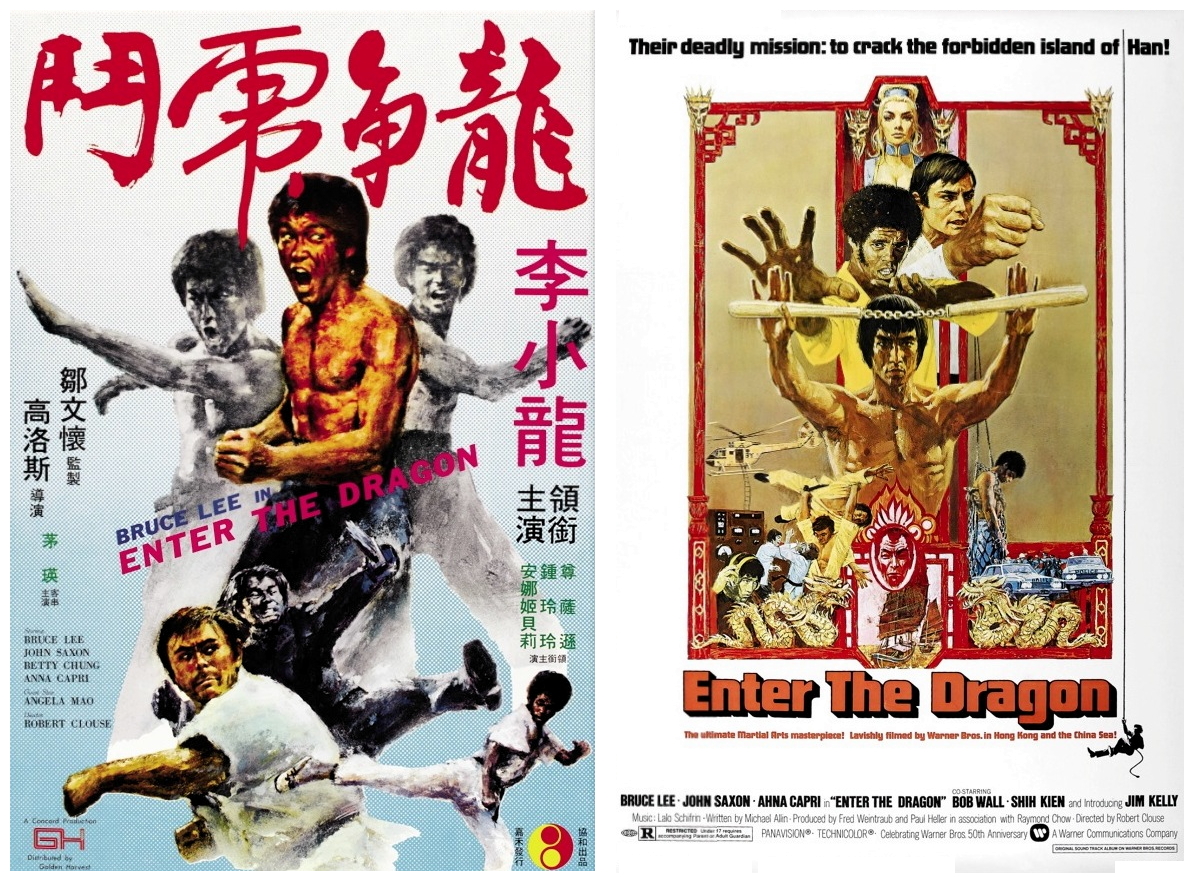
Enter The Dragon (1973) was the big time, and it really did seem like everybody was kung fu fighting, so Warner Brothers together with Golden Harvest pooled their resources in order to produce an international kung fu epic complete with armies of martial arts champions. Lee arrives on an island fortress owned by Han, an evil crime-lord with a detachable iron hand. As a participant in Han’s martial arts tournament, Lee hopes to find evidence that Han traffics both drugs and prostitutes, and that Han’s second in charge, O’Hara, was responsible for the death of his sister.
The story is on a comic-book level but the production values are high, the action non-stop, consistently exciting, and the atmosphere is rich. There’s even an all-star cast of sorts, with American imports John Saxon, Jim Kelly and Robert Wall joining kung fu stars Yang Sze, Lam Ching Ying, and the incomparable Lee, whose feats are downright incredible. Unlike his movie rivals, Lee exploited his own sexuality, stripping off his shirt to reveal rippling muscles, posing for battle with legs spread, knees slightly bent, hands on thighs – somehow he looks relaxed and tense at the same time. In his incredible acrobatic fight with O’Hara he does several flip-kicks and his famous lightning one-inch paralysing punches. His opponent’s death takes place off-screen, when Lee’s feet destroy his windpipe, while an incredible slow motion close-up allows us to see Lee’s facial muscles quivering like waves in an ocean. Lee’s climactic fight in a hall of mirrors – a reference to The Lady From Shanghai (1947) – with Han, who wears blades in place of his missing hand, is unforgettable. It made stacks of money but feels a little overproduced, lacking the ambiance of a real Bruce Lee as seen in The Big Boss.
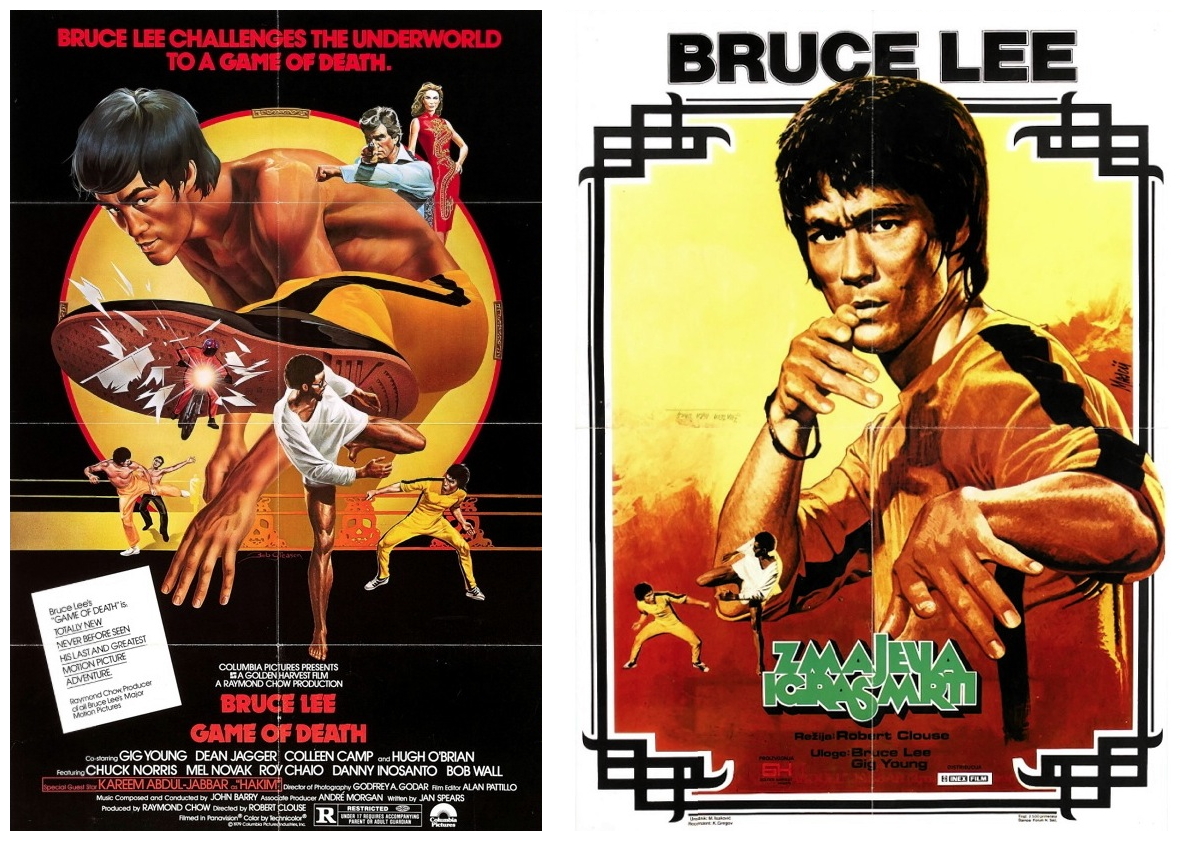
The Game Of Death (1973/1978) was left unfinished with Lee’s untimely death, and was put together by Golden Harvest five years later. Several actors were used to substitute Lee in certain scenes, but the close-ups and leftover Lee footage is genuine. Director Robert Clouse was able to regroup the other stars and to rework the script so that the Lee footage could fit in properly. The result is messy and too long, but Dean Jagger makes a slimy criminal and the story of a mob being after Lee was interesting because it was rumoured to have been the case (at one time it was thought that the Chinese Mafia murdered Lee). Of course, the highlight of the film is the actual Lee taking on a series of villains as he moves from level to level in a huge house. There are a few interesting gimmicks, like Lee versus lanky karate champion Kareem Abdul-Jabbar, but on the whole a rather anaemic effort, despite hyped publicity and the presence of international film stars.
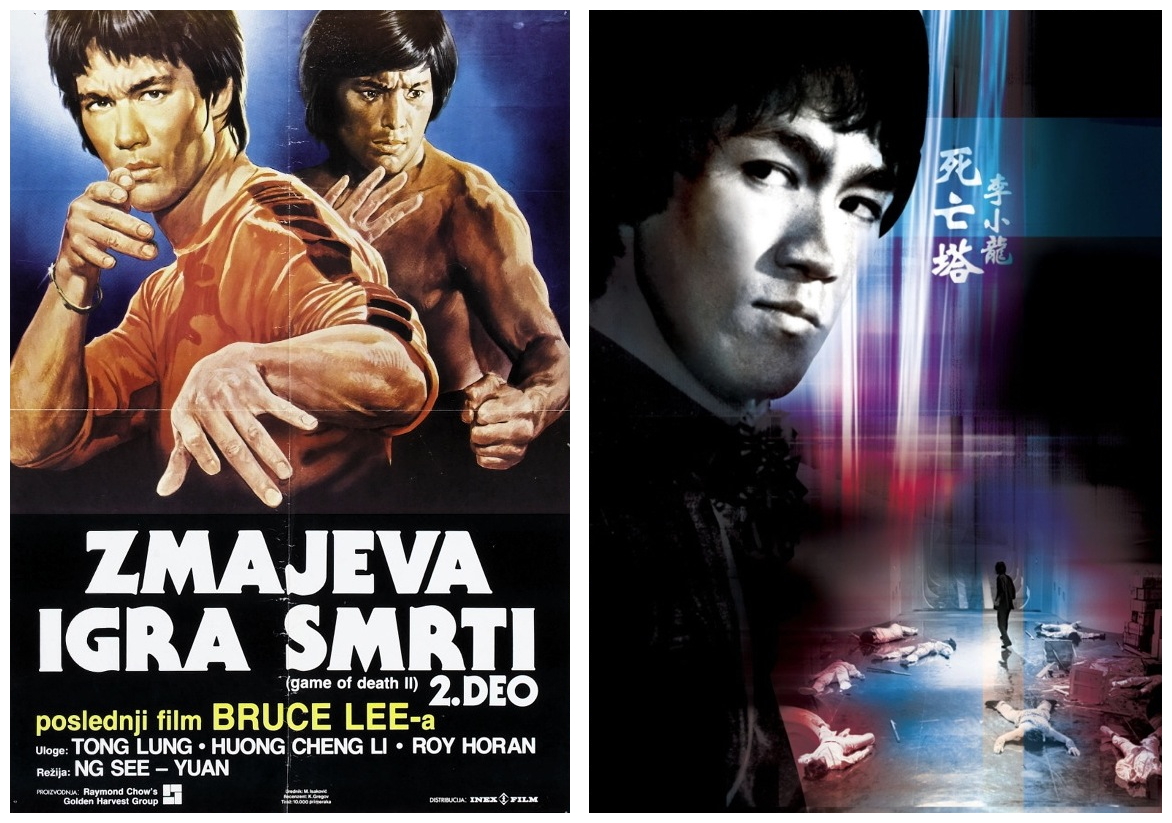
The Game Of Death II (1981) is the final chapter in the Golden Harvest exploitation campaign to cash in on the Bruce Lee legend. Ng See-Yuen directs this regrettable production that completely destroys the legacy that Lee left to Hong Kong kung fu movies. Some previously unseen footage and leftovers were carelessly spliced into this humiliating project that should have been left in the can. The film opened to brisk business during the midnight screenings then died fast after only a week, proving that Hong Kong viewers were not as dumb as some studio executives claim. Most of his scenes are taken from older films, primarily from Enter The Dragon. In the film, Billy Lo is a famed martial arts star who is murdered, so his brother Bobby (Tong Lung) goes to Korea, locates his brother’s killers in an underground pagoda, and exacts revenge. Apart from the character name Billy Lo, this movie has absolutely no connection with the Robert Clouse film.
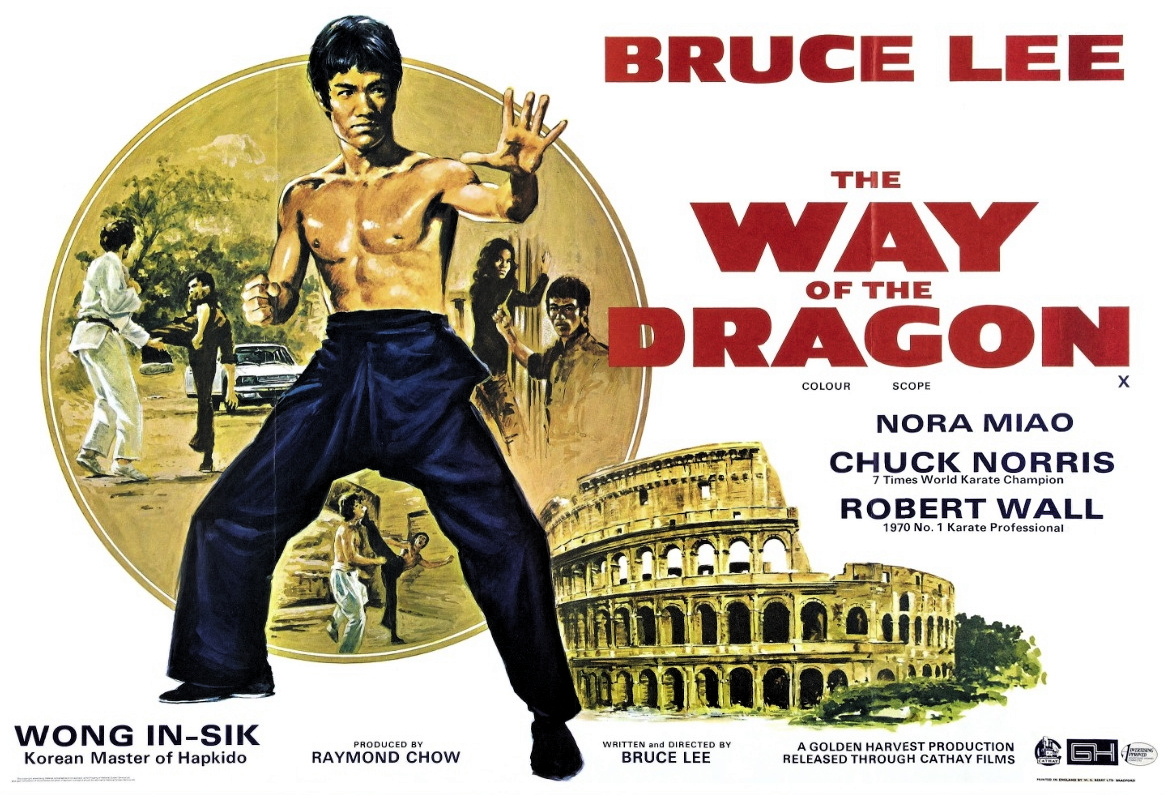
Of course, China and Hong Kong had a flourishing film industry long before Bruce Lee gained worldwide attention in the early seventies, but his brand of bare-handed combat ended the era of swordplay spectacles and ushered in a golden age of martial arts films. Hong Kong stars Jackie Chan and Jet Li followed in Lee’s footsteps, crossing over to Hollywood and paving the way for non-Asian martial arts stars Chuck Norris and Steven Seagal. Though focused on artfully choreographed fight scenes, the genre often incorporates elements from others: thrillers like Andrzej Bartkowiak‘s Romeo Must Die (2000); comedies like Stephen Chow‘s Kung Fu Hustle (2004); and fantasies like Ang Lee‘s Crouching Tiger Hidden Dragon (2000). It’s with this thought in mind I’ll now bid you pleasant dreams for tonight, and look forward to doing the zombie stomp with you again next week when I have the opportunity to lay at your dancing feet another dead bird from the dodgy chicken shop known as Hollywood for…Horror News! Toodles!
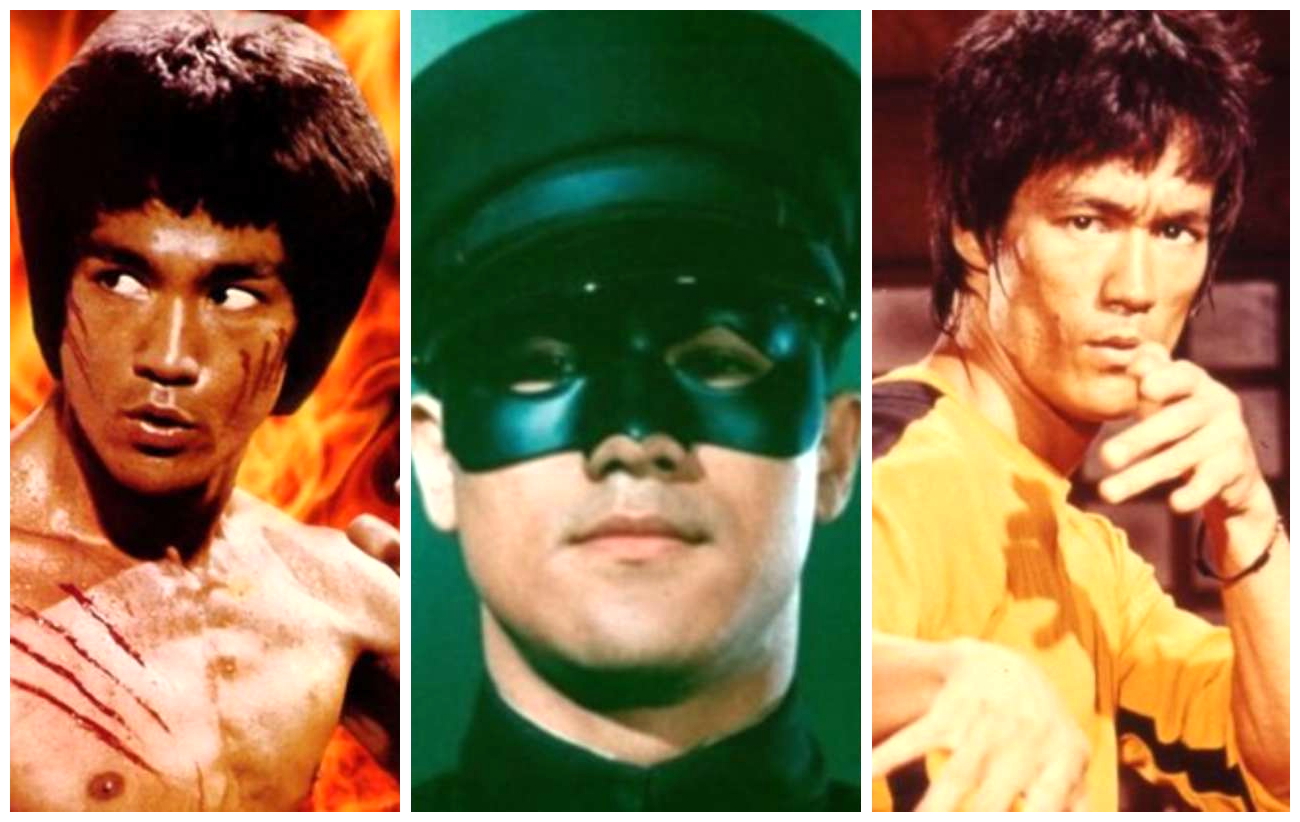
The Films Of Bruce Lee
 Horror News | HNN Official Site | Horror Movies,Trailers, Reviews
Horror News | HNN Official Site | Horror Movies,Trailers, Reviews
